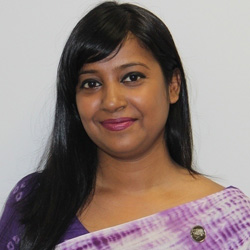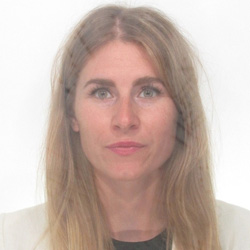The perfect weekend away in rural Bangladesh
IFAD Asset Request Portlet
Asset Publisher
The perfect weekend away in rural Bangladesh
See how a community-led eco-tourism project is transforming the local rural area
Estimated reading time: 3 minutes |
| Ready for the weekend trip, equipped with a camera. © Mariel Zimmermann |
Working with IFAD in Bangladesh, we spend most of our days managing projects from the office in the hectic city of Dhaka. But at the weekends, while most people flock to Bangladesh’s stunning coastline, we prefer to avoid the throngs and escape to the lesser-known rural countryside.
This weekend, we are headed to Sitakunda—a few hours’ drive south of Dhaka—to visit a community-led eco-tourism project that has transformed the area.
After a stopover in Chittagong, we take a 90-minute drive through green, fresh forests as a light rain falls. We’re already feeling relaxed!
Our first stop is Mohamaya lake—loosely translated as “the great illusion”. According to elders, the lake was once a flowing stream where local Hindus worshipped.
The lake is home to large number of wildlife and is an important source of income for local people, who offer tourist activities, including guided tours.
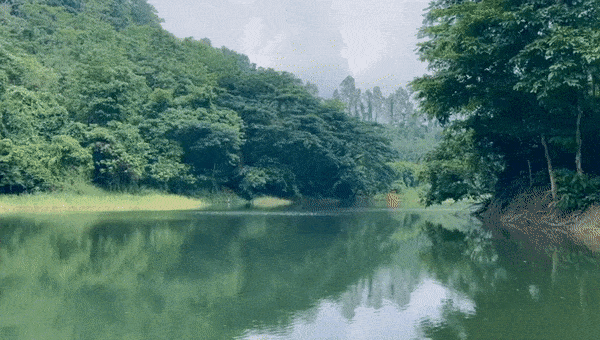 |
| Exploring the beauty of Mohamaya lake. © Mariel Zimmermann |
Our tour guide for the day is 21-year-old Mohammad Imtiaz, who welcomes us with a big smile. Two years ago, after receiving training from a local development organisation called the Young Power in Social Action (YPSA), he started his tour guide business. “I love showing people new places, especially tourists coming over from Dhaka or even abroad.”
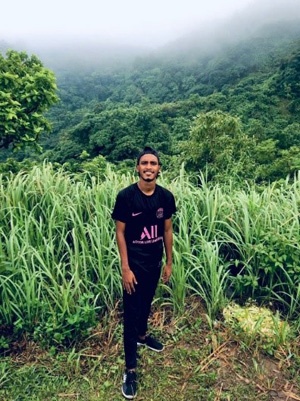 |
| Mohammad Imtiaz trekking in the greenery of Sitakunda’s hills. © Mohammad Imtiaz |
Imtiaz earns around USD 120 in a good month—a relatively healthy sum for part-time work in this rural community. With this money, he is paying for his university education. He tells us that “after completing my studies in English literature, I want to become a journalist and explore the world.”
Next, Imtiaz suggests we try kayaking and introduces us to Muhammed Dulal, who owns a kayak business on the lake. With a small loan from YPSA, he bought ten kayaks, which he rents out for USD 3 an hour.
Equipped with life vests and paddles, we set off to explore the wildlife around the lake, with the chorus of crickets and birdsong as our soundtrack. While we were lucky to have the place to ourselves, in high season (from October to January), Muhammed earns up to USD 400 during a peak month.
To help you capture the beauty of the scenery without missing out on memories, there are plenty of young professional photographers on hand at a very affordable price.
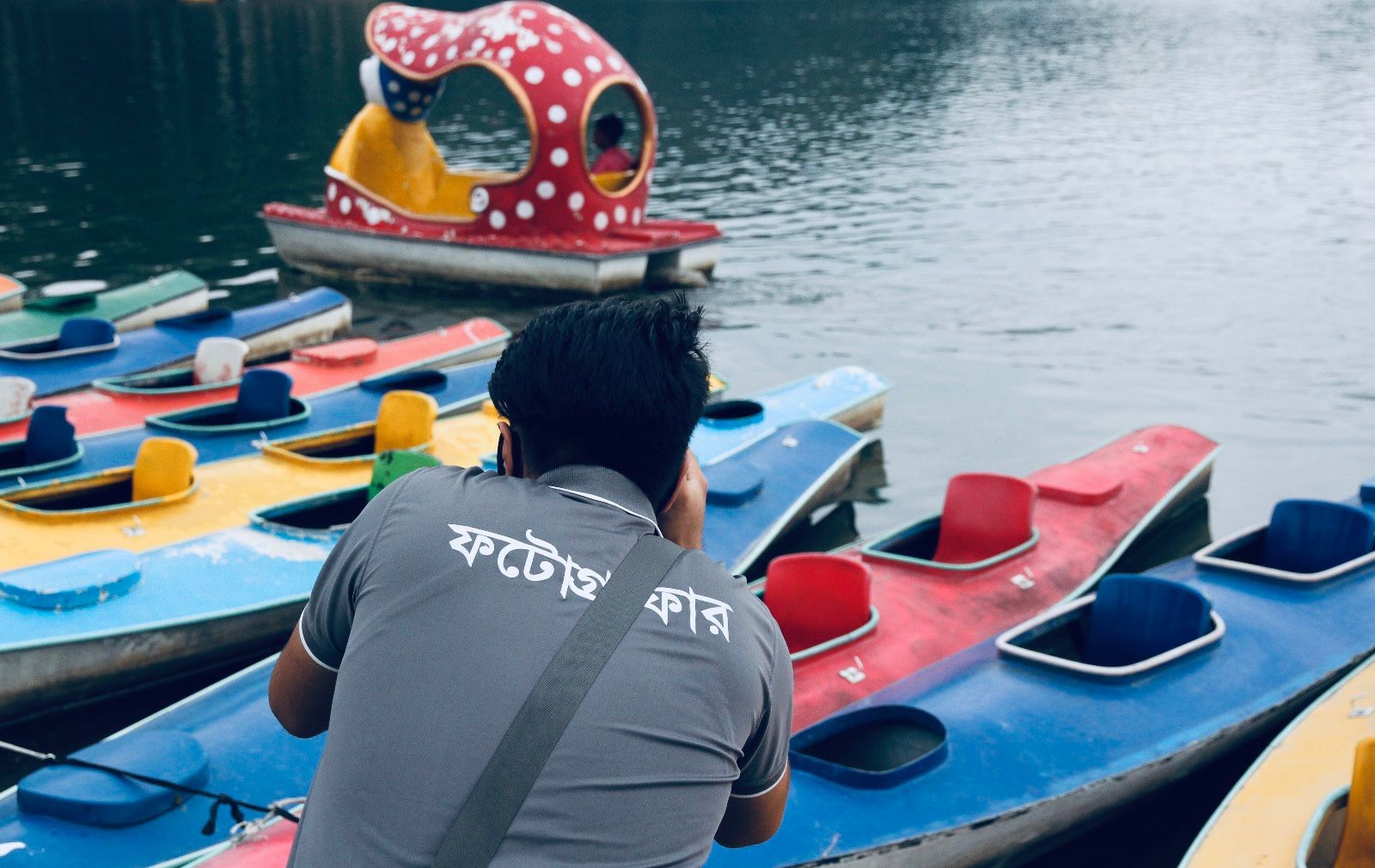 |
| Rakib Muasbbir in action. © Mariel Zimmermann |
One of these photographers is Rakib Musabbir, who is studying business in a nearby grad school. During the high season, he earns around USD 180 a month, which helps pay for his education.
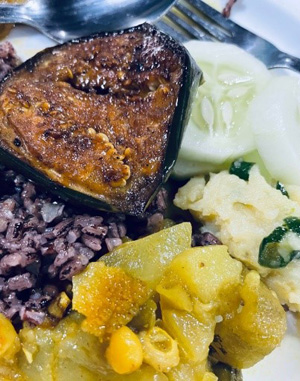 |
| Our lunch at Mosammat Liza’s homestay. Mariel Zimmermann |
After paddling for two hours, we are hungry and looking forward to trying the local cuisine. Imtiaz takes us to a nearby homestay, where Mosammat Liza welcomes us.
Mosammat started her homestay after she received training in hospitality management. As well as renting rooms for USD 5 to USD 10 per night, the family-run business also offers home-cooked meals.
We sit down at a table laid out with all sorts of delicious Bengali dishes, like lentil soup, fried eggplant, machh-bhorta (mashed fish) and chicken curry.
At lunch, we meet Mohammed Arifur Rahman, who is the director of YPSA and runs the local eco-tourism activity. He tells us that 25 different services have already been set up thanks to the initiative.
But he also recognises the responsibility that comes with making a living from the environment. “We live off the natural beauty of the lake, as well as the wildlife that comes with it. We need to protect it and increase awareness, not only among the people who live here but also among visitors.”
Echoing this, IFAD’s Promoting Agricultural Commercialization and Enterprises (PACE) project, implemented by Palli Karma Sahayak Foundation, has trained over 1,000 entrepreneurs in Bangladesh on waste management, environmental conservation, pollution reduction, and eco-friendly tools, equipment, goods and products.
As we set off on our drive back to Dhaka, we are already looking forward to discovering another new and awe-inspiring place in rural Bangladesh.
Explore all IFAD’s work in Bangladesh.
Publication date: 27 September 2022